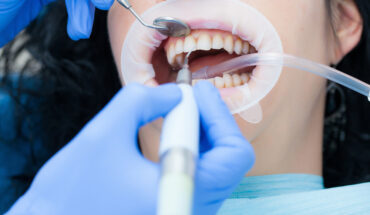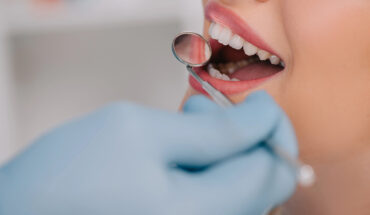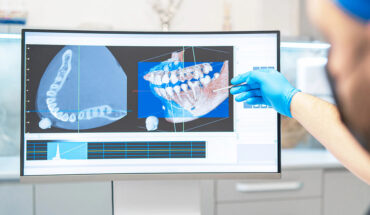
Holistic dentistry differs from traditional dental care in that it uses complementary and alternative medicine. In simple words, a holistic dentist is an expert who uses alternative dental practices through natural remedies. Holistic dental professionals believe in holistic medicine principles, including that an individual’s dental health is connected to their overall body health. They are dentist professionals with dentistry degrees, training, and other skills, but instead of prescribing the traditional medicines, they use natural remedies to treat patients. Generally, holistic dentistry combines traditional dental care with natural remedies and care.
In recent years, holistic dentistry has grown in popularity because many people are attracted to its natural approaches to achieving dental health. Although it combines dental care with conventional methods, it primarily focuses on alternative therapies. It is best to look into examples of dental patients’ journeys to determine the best dentistry approach for your dental health.
What is the distinction between holistic dentistry and conventional dentistry?
Some notable differences between holistic dentistry and conventional dentistry include:
Holistic philosophies
The main difference between the two dental practices is the philosophies behind them. Traditional dentistry focuses on dental health only by addressing teeth, gums, cavities, jaws, and oral hygiene. On the other hand, holistic dentistry addresses dental problems by focusing on the patient’s whole health. That includes every other area connected to dental health, including spiritual and emotional health.
Treatment
Another notable difference between conventional and holistic dentistry is their approach to treatment. Because of its philosophies, the holistic dentistry treatment approach also differs. Holistic dentistry involves traditional treatment methods that have proven safe and effective such as brushing, flossing, and filling. Treatment involves other therapies like:
- Nutritional education.
- Herbology.
- Homeopathy.
- Electroacupuncture.
- Spiritual healing.
- Hypnosis.
- Aromatherapy.
- Ayurveda.
For instance, if you are experiencing gingivitis, a holistic treatment includes the doctor discussing nutritional therapies to relieve your symptoms. A traditional dentist will also discuss such an issue with you, but a holistic one emphasizes the effect of nutritional health on your dental health.
It is vital to note that a holistic dentist does not perform root canals. They believe root canal is not safe because of the process and chemicals used. One of the common reasons many people are afraid to see dentists is because they fear some of these procedures, but this Richmond dentist promotes itself as friendly and gentle.
Materials
Another difference between the two dentistry methods is seen in the materials they use. Holistic dentistry uses natural and biocompatible materials during treatment rather than the chemical substances traditional dentists use. Before using the materials, a holistic dentist performs biocompatibility tests. Biocompatibility is how a material affects your body. That determines if the substance and your body are compatible.
For instance, a holistic dentist will give you a natural mouthwash as part of your treatment for gingivitis. On the other hand, a conventional dentist will prescribe a medicated mouthwash known as chlorhexidine that is scientifically safe to treat gingivitis.
Other holistic remedies include herbal tooth powder, propolis, neem toothpaste, and composite fillings rather than mercury fillings. Although scientific research has proven mercury fillings to be safe, holistic dentists believe they are harmful and may recommend removing them. They also have a different view on fluoride and only support topical fluoride use.
Conclusion
You may opt for holistic dentistry because it uses natural remedies, bio-compatible substances, alternative therapies, and whole health treatment.




